Managing a Race Team
“You are the General Manager….the Buck Stops With You!!!”
Overview
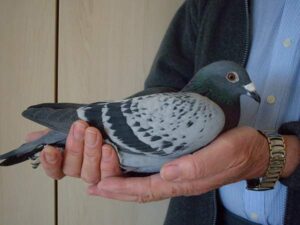 How many times have you seen a flyer hit a tough race and suddenly they are out for the season. It’s understandable to a degree to see someone hit three hard weeks in a row and end up with almost no race team left. Racing has become harder as our weather is more severe. Then there are other factors which articles have been written but no scientific data has been provided. Such as cell phone towers are disrupting our pigeons, ultraviolet light changes do to changes in the atmosphere (documented), a weakening of the Earths magnetic field (documented fact), sonic booms from aircraft engines. We could go on and on about why we have tough races but the hard and fast fact is, we have tough races even when we least expect them. Because they will often occur when you don’t expect it, you have to know how to manage a team in order to compete for average speed. Managing a team means always having birds ready for every week. It means not putting your eggs all in one basket. Factors influencing managing a team
How many times have you seen a flyer hit a tough race and suddenly they are out for the season. It’s understandable to a degree to see someone hit three hard weeks in a row and end up with almost no race team left. Racing has become harder as our weather is more severe. Then there are other factors which articles have been written but no scientific data has been provided. Such as cell phone towers are disrupting our pigeons, ultraviolet light changes do to changes in the atmosphere (documented), a weakening of the Earths magnetic field (documented fact), sonic booms from aircraft engines. We could go on and on about why we have tough races but the hard and fast fact is, we have tough races even when we least expect them. Because they will often occur when you don’t expect it, you have to know how to manage a team in order to compete for average speed. Managing a team means always having birds ready for every week. It means not putting your eggs all in one basket. Factors influencing managing a team
Systems
Systems provided us tool to manage a team. If you are flying widowhood, dual widowhood or celibate, you are reducing some of the nesting factors that can make managing at team at times difficult. If you are flying a natural system, managing the team becomes at times quite the task. Most fliers learn on the natural system. If you can learn to manage your team on the natural system, you will have no problems managing a team on the other systems. Having a system means you have at least dedicated to a plan. If you’ve dedicated to a plan, you are half way to managing a team.
Injuries
You never know when injuries will occur. They can happen on races, during training flights or just flying around the loft. Where ever there is a utility wire, I’m sure there’s a pigeon that has hit it and busted a wing, a keel or a leg. Any bird sent to a race is not guaranteed to come back without an injury. There have been known birds that have walked home after an injury.
Tough Races
A super tough race can put a top pigeon out for weeks. There’s a difference between recovered enough to be shipped and recovered enough to race 100%. Don’t ship a bird unless it’s going to give you 100% of what it has. Not every bird is a winner, but every bird should be given the opportunity to show you what it is made of.
Lost Motivations
If you are flying natural and you loose a mate, you have lost that bird’s motivation. Having to set up birds again with different motivations can have an effect on your ability to manage a team.
Quarantine
When birds are late, 48-72 hours or more, they can not be expected to jump back on the race team. You must put them on reserve at a minimum and most likely should be placed in some sort of quarantine. Count these birds out for at least a week.
Distance Races
When you start flying 400, 500 and 600+ miles, you are getting into the “meat” of racing pigeons. It’s almost a sure bet that your race winners are not only fast, but they are not followers. An unfortunate part of long distance racing is that even diploma winners and race winners will have a “bad” race. I’ve seen 500 mile races turn into 3 days races and even then with very few clocked pigeons. Not only will these birds be late, but some will be so worn down it may take them weeks to recover.
Average Speed
Competing in average speed means having a bird for every race and clocking a bird in race time for every week. It’s the most consistent marker of your family. You can not successfully compete for average speed until you learn to manage a race team. There’s a difference between competing and remaining in average speed. There have been recorded seasons in which only one person remained in average speed to attain victory and there are many recorded seasons in which no one finishes average speed.
pigeon racing, racing pigeon, racing pigeons, race pigeon, race pigeons, racing homer, racing homers, pigeons racing, pigeon, pigeons, homing pigeons, homing pigeon, pigeons for sale, pigeon auction, pigeon forum, pigeon racing pigeon, pigeon racing pigeons


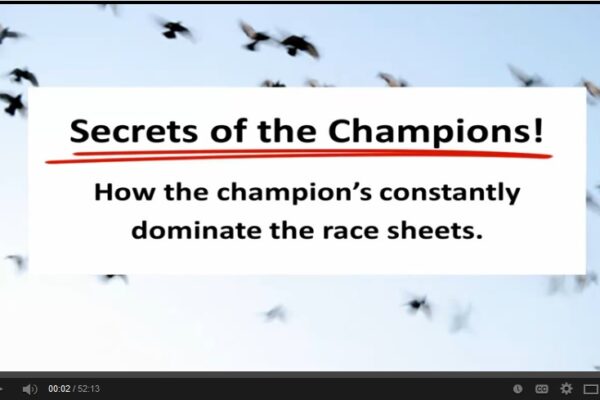
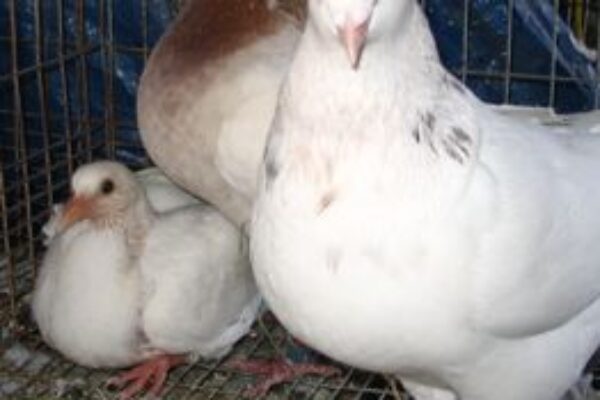
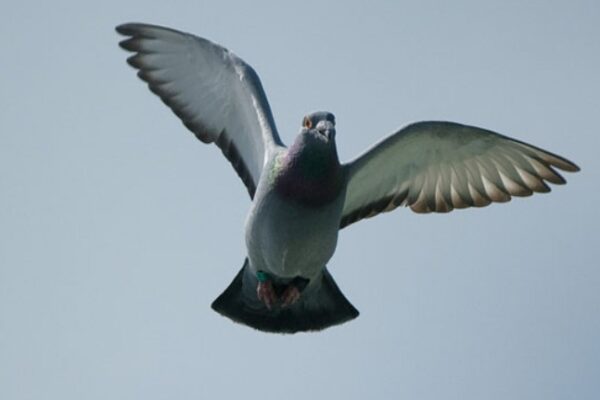

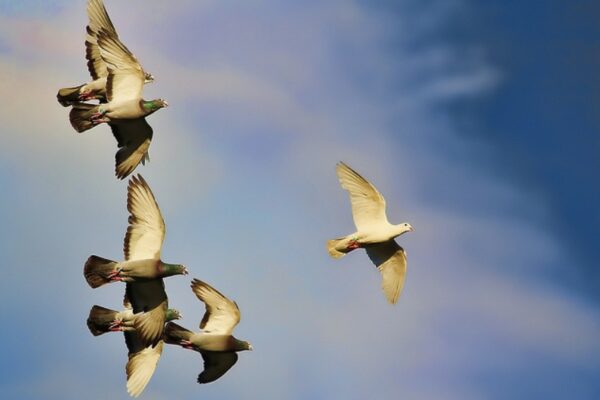
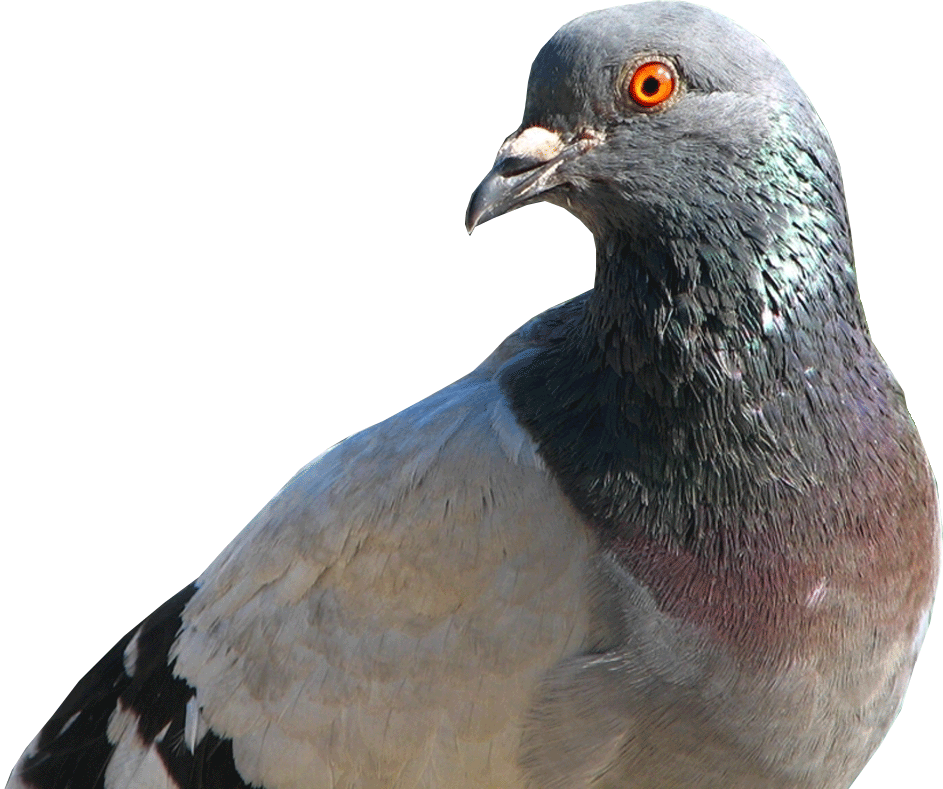

And flying in the sea like us, where time is very variable, and the breaks are huge, very hard while I agree with you without planning no success.
Antonio,
Interesting but as we all know even well planed out in the pigeon sport does not always
work out the way we would like i find widowhood fliers etc not unless you have a big team
i can here my club members now back to the drawing board and we are not even at the
half way point in the season.All i can say is it is not like years gone by very difficult to plan
with a small team after two or three smash races as you keep going up the ladder in
distance you do the best that you can that is all one can do Brad.
nice
Thank u DF loft … for the info; specifically re-inforcing the importance of a plan. I aim to stop smoking soon, and I better lay out a plan to remind myself often of the rewards of achieving such objective
regards